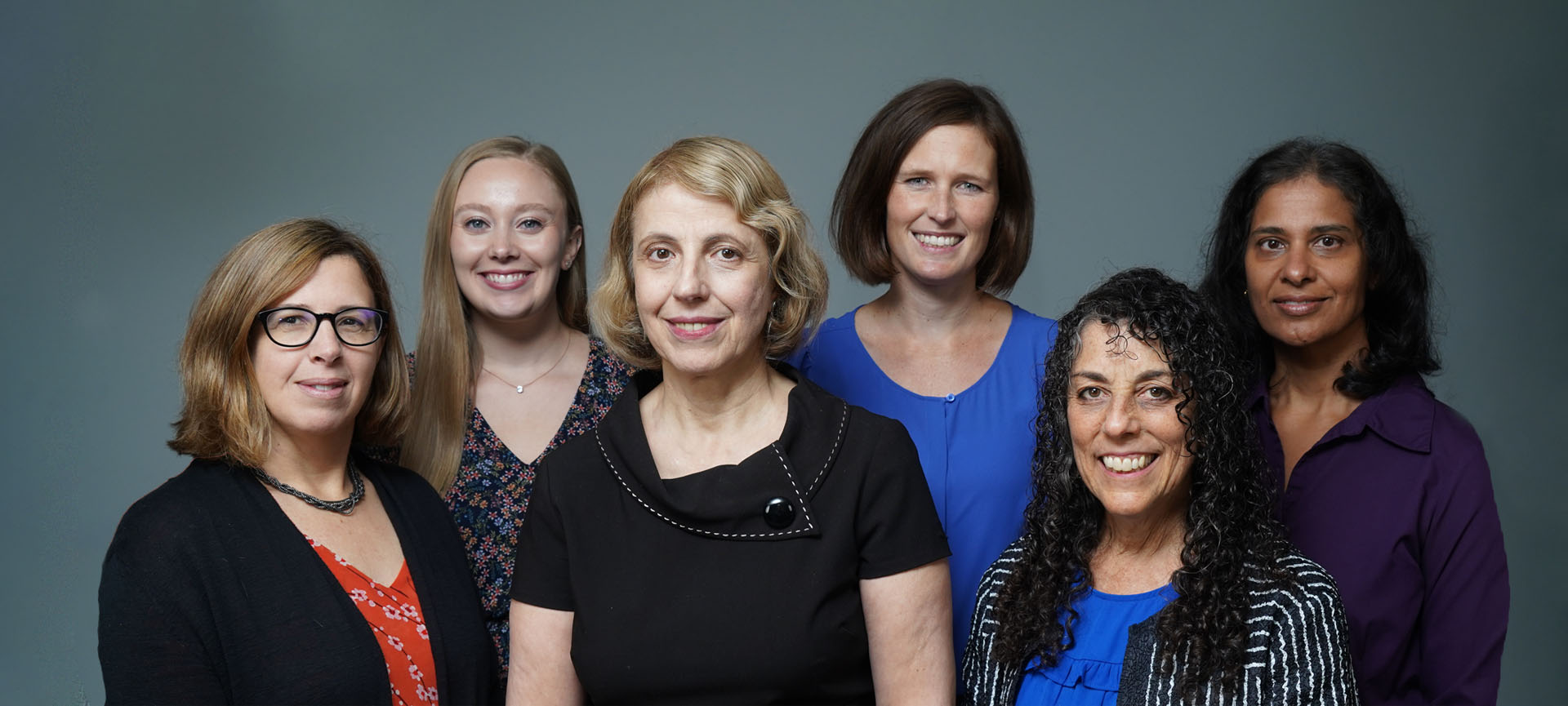Genetic Conditions with experts from the Harvey Genetic Institute at GBMC
December 15, 2017
Pediatric geneticists help families hone in on complex diagnoses
There are more than 10,000 genetic syndromes, with more being identified regularly, that can affect physical, neurological, and mental health. Dr. Antonie Kline, medical director of pediatric genetics at Harvey Institute for Human Genetics at GBMC, and genetic counselor Marcia Ferguson discussed the genetic conditions that affect children and teens and what tools they use to help find the underlying cause for these conditions.
“Our role as pediatric geneticists is to be mystery solvers. For most of the children we see, there is more than one thing that’s unusual going on and that’s why they are referred to us for a genetic assessment,” explains Dr. Kline. “For example, a parent or pediatrician may notice that the child has unusual facial features that don’t match others in the family, has developmental delays, and a heart defect. When we see several factors occurring in the same child, that may indicate that there’s an underlying genetic cause. Through testing, we are often able to find that genetic issue, which can help parents and physicians better manage the child’s condition.”
Dr. Kline says that many of her patient’s parents also want to know if their child’s condition has a genetic cause so they’re aware of the risk of the same problem occurring in future children. “Genetics is a rapidly changing field,” she adds. “Since I did my training, there’s now a whole panel of tests for autism and hearing loss that we didn’t have. And we are constantly learning more. If we can’t pinpoint a diagnosis right now, we urge parents to stay in touch with us. As our knowledge grows through research, we’re able to make more diagnoses. For many parents, it’s a long voyage to a diagnosis, but when their child is finally diagnosed, there’s a sense of relief.”
Dr. Kline also talked about her career-long research into the rare genetic condition Cornelia de Lange Syndrome, a topic on which she is one of the world’s leading experts, and the recently discovered genetic syndrome that bears her name, Au-Kline Syndrome.







